The Dean of Education: We can experiment more with experiential teaching

Gregor Halff expects that CBS will have more experiential teaching in the future. (Photo: Lisbeth Holten)
The Dean of Education at CBS, Gregor Halff, salutes the teachers who have the courage to experiment with experiential teaching, and says it’s among CBS’ future goals. However, scale and resources are always a challenge.
Students studying the MSc in Business, Language and Culture (BLC) are the only students who get to do a three-week field trip to an emerging economy, take hands-on classes in the field, and work with a local partner university. This is thanks to Associate Professor Thilde Langevang and her colleague Søren Jeppesen, who have organized the unique field study ‘Entrepreneurship and Private Sector Development in Uganda’ over the last eight years.
This kind of teaching is also known as experiential teaching, and the Dean of Education at CBS, Gregor Halff, salutes the teachers who have the courage and take the time to create such courses.
“It is fantastic that we have professors who develop these kinds of experiential learning formats. And I congratulate any professor that takes the time to develop this in a pedagogical way, which is clearly what happened with Thilde Langevang and Søren Jeppesen,” he says and praises the students for their courage too:
“Secondly, it actually takes the same amount of courage from the students to go on a trip like this, because it exposes them to things of which the outcome is not always clear. And that is completely different to classroom learning and classroom teaching. So, I congratulate the students as well for taking part in this.”
Will experiential teaching be among CBS’ future goals?
“Absolutely. But that of course means different things in different study programs. A field study won’t possibly be the same in a finance program as it is in a social sciences program, for example,” he says and argues that incorporating experiential teaching does not come without challenges, some of which involve the teachers, and some the students, and nearly always the resources.”
“For a teacher, doing something like this is a high-risk enterprise, as she or he invests far more time in a regular course, with far less automatic success. So, we need to be aware of protecting teachers who try this out and make sure that we have a tolerance for failure when it comes to developing these kinds of experiential formats,” he says.
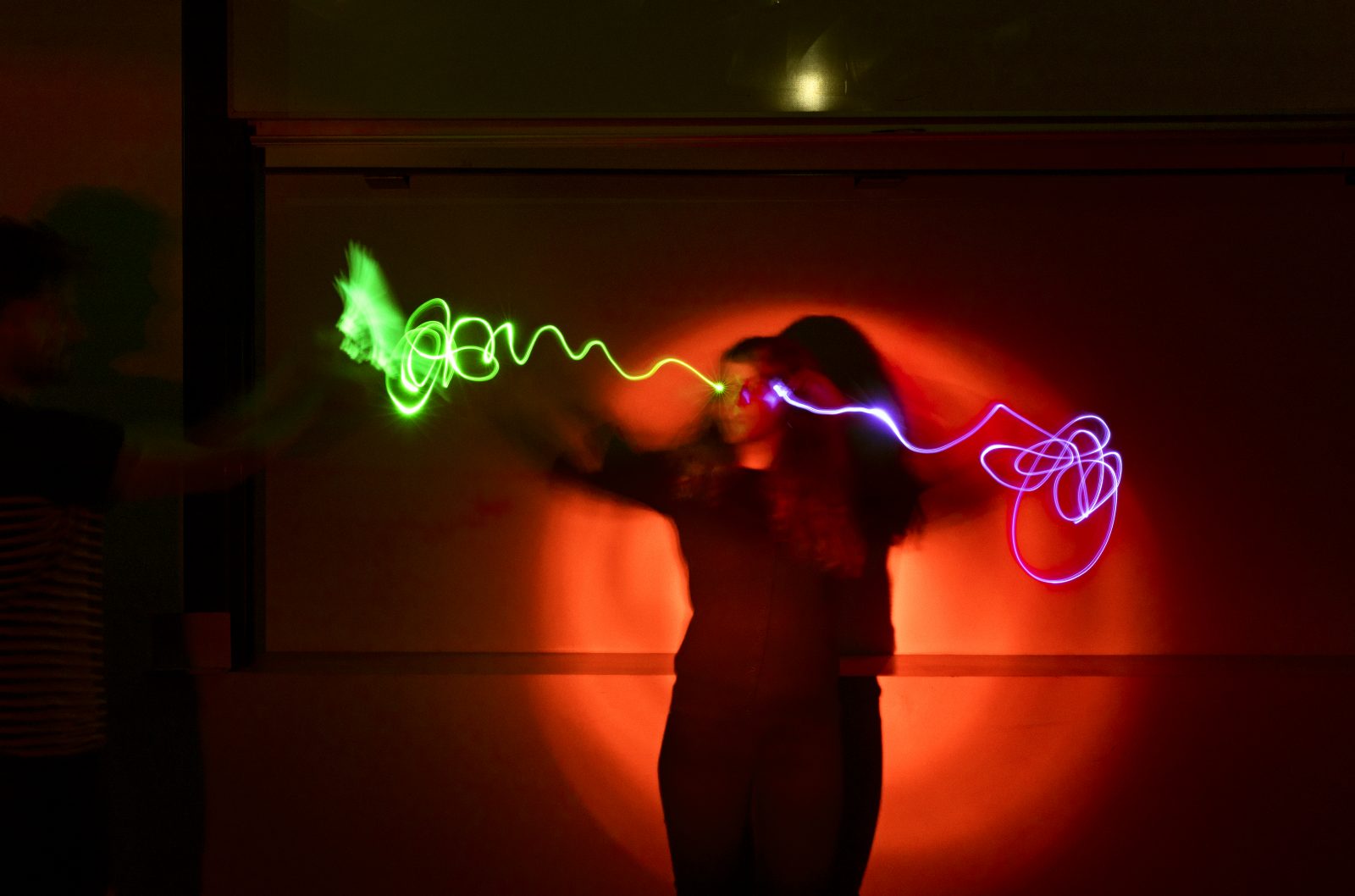
On the students’ side, the dean believes that there is a need for broader awareness of the outcomes of such experiences, meaning the capabilities you get:
“When you want to have a meaningful professional life, it requires cognitive skills, but also capabilities such as tolerance of ambiguity, your ability to structure new situations, your ability to put adequate value in instances where you do not have sufficient resources. All of these are a combination of skills, and that requires students to accept that they are coming here not just to gain new knowledge, but to develop complex capabilities too,” he says.
Go abroad, but choose challenging locations
Currently, Gregor Halff is looking into what he calls ‘academically embedded internationalization’, as a way to do experiential teaching.
“We have a fantastic range of exchange opportunities at the moment. But if you look at where the students go, I’m not sure everyone is really pushing themselves to go to challenging locations. How can we overcome that? By having what we call ‘academically embedded internationalization’,” he says and continues:
“This involves taking a cohort of students to a place overseas that might not have Nobel Laureates or a beach, but has specific academic, cultural or social learning potential, which is equally valuable. Simply being exposed to a completely different university type is a form of ambiguity that results from experiential learning.”
The Vice Dean for International Education, Martin Jes Iversen, will be in charge of addressing each of the study programs with the possibility of exchanges in which experiential learning can take place. He will visit the study boards and present the opportunities to them.
It will be up to each program to decide what is the best format of exchange, and how they will implement it.
What do you have in mind in terms of academically embedded internationalization?
“Some may be short-term, two to three weeks, like we have in Uganda. Some of them may be term-based And then you can go all the way up to joint degrees, which are also a form of exchange,” he says.
Gregor Halff explains that the process of getting structured exchanges will take a number of years, as it is important to make sure that there is enough support from professors who are willing to take risks.
“Any professor who tries something out for the first time will have a learning experience as well. That means that there is less guarantee of success than a well-oiled, classroom-based course. And that is what makes it so great and brave that there are professors trying it out, because there is a chance of failure,” he says.




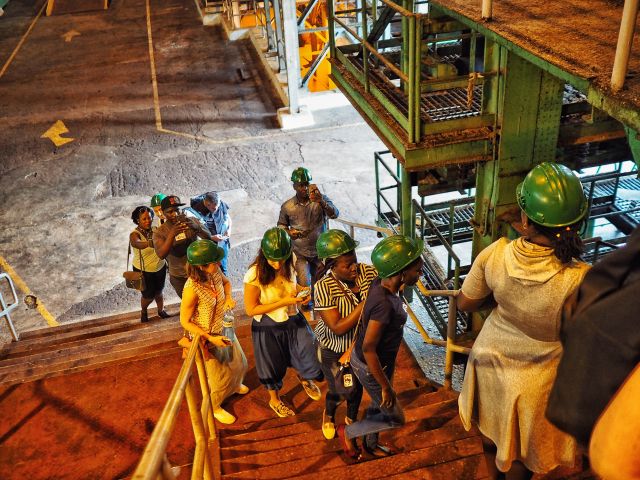
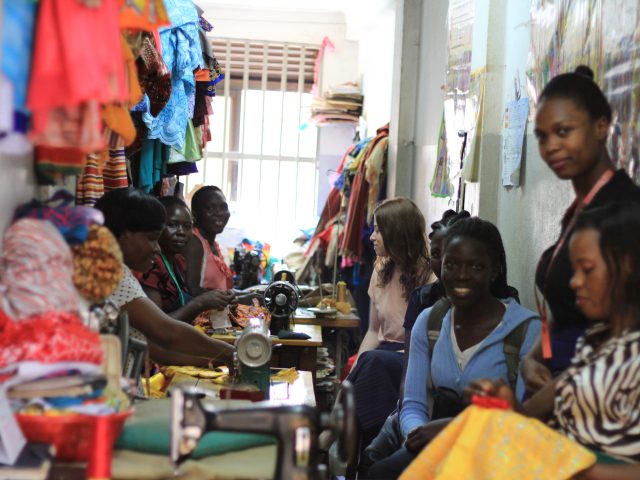
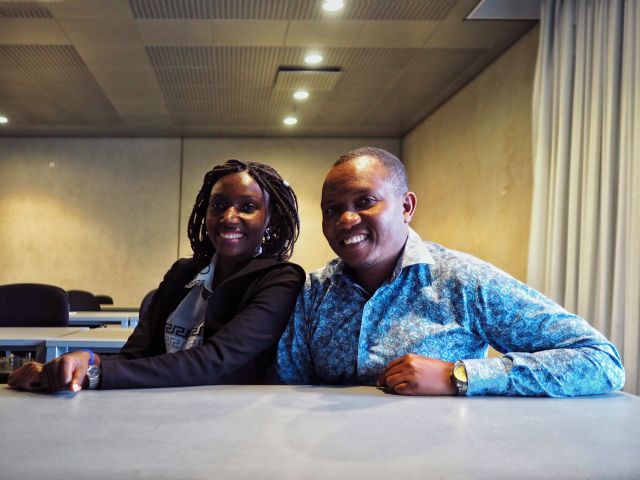


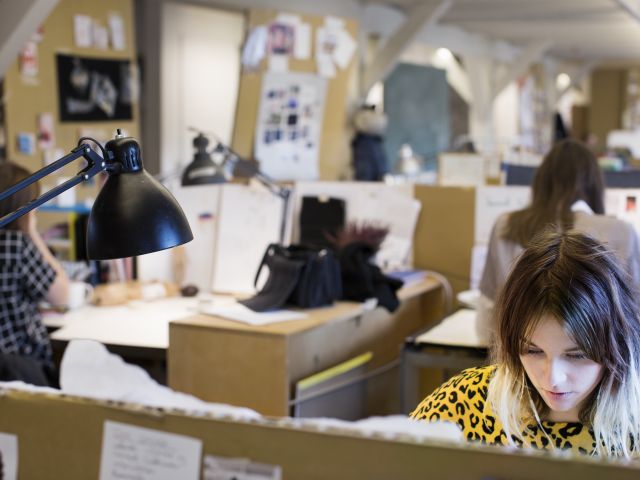
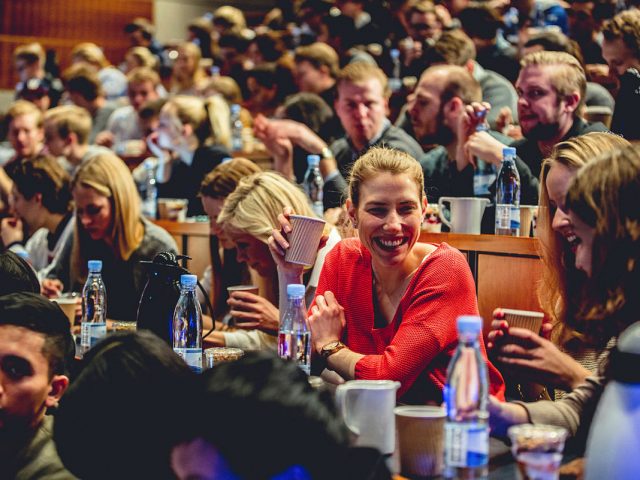
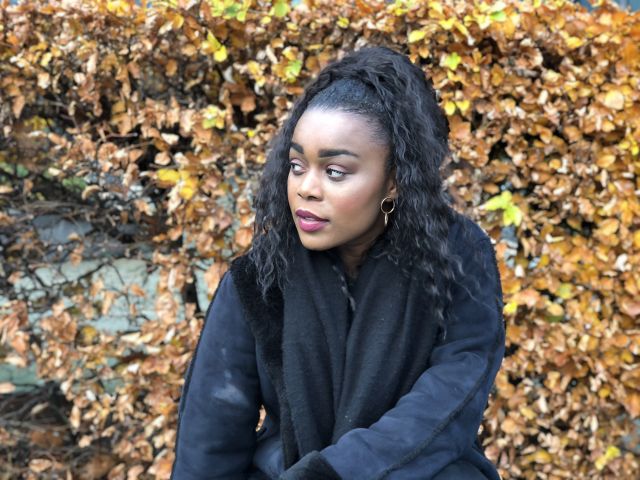
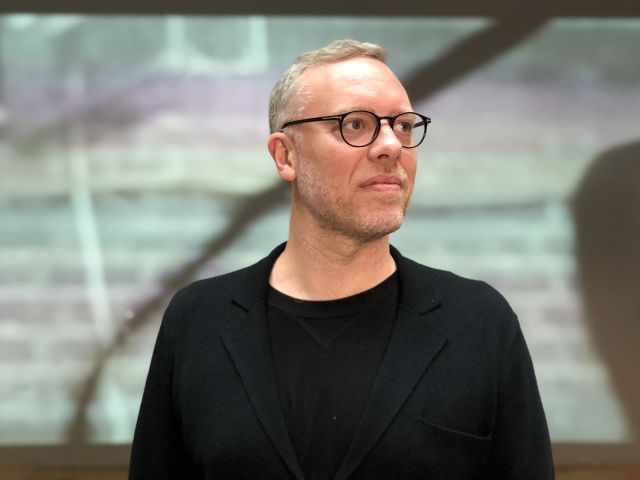




























































































































Comments